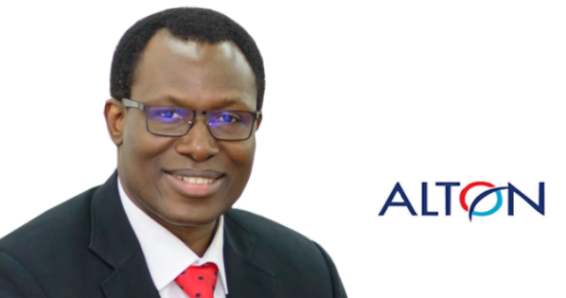Telecommunication companies in Nigeria are renewing their push for an increase in the prices of calls, data, and other services after multiple failed attempts in the last 11 years.
The industry advocacy groups, the Association of Licensed Telecom Operators of Nigeria (ALTON) and the Association of Telecommunication Companies of Nigeria (ATCON) have insisted that current tariffs are crippling their businesses and advocated cost-reflective pricing.
Despite the industry’s calls for tariff adjustments, they have fought an unsuccessful battle to change the general service pricing framework over the past 11 years due to regulatory constraints, according to the operators. They argue that the existing price control mechanism, which fails to align with economic realities, jeopardizes the sector’s sustainability and undermines investor confidence.
“For a fully liberalized and deregulated sector, the current price control mechanism, which is not aligned with economic realities, threatens the industry’s sustainability and can erode investors’ confidence,” the telcos said.
This renewed push for tariff increases coincides with financial challenges faced by major players like MTN Nigeria and Airtel. In 2023, both companies incurred substantial losses due to the devaluation of the naira, with Airtel and MTN Nigeria collectively losing N1.29 trillion. MTN Nigeria’s CEO, Karl Toriola, attributes the financial strain to a combination of factors, including currency devaluation, rising inflation, energy costs, and the introduction of the 2023 Finance Act VAT on tower leases, resulting in higher operating expenses.
The telco’s revenue fell to $1.24 billion from $1.59 billion as the fall in the naira affected its conversion rates in Nigeria.
Gbenga Adebayo, president of ALTON, emphasized the necessity for a measured increase in connectivity prices amidst worsening living conditions, highlighting the importance of addressing this issue promptly through sustainable dialogues and partnerships with the government.
“The possibility of a tariff increase depends on the NCC, which is reportedly conducting a cost-based study to determine if it would approve price increments for telcos,” Adebayo noted.
Economist and Chief Executive Officer of Financial Derivatives Company Limited, Mr. Bismarck Rewane, has also thrown his weight behind the price increase, saying it is the only way to sustain the businesses. According to Rewane, the current tariff regime is inhibiting the operators’ capacity to invest more in infrastructure, which has led to the deterioration of the quality of their services.
“How come the telecom system works efficiently? if you underinvest in any sector, if you don’t manage that sector efficiently you will get low returns and inefficient outcomes so that is what it is you can’t eat your cake and have it. You have to pay to get quality service,” he noted.
Since Bosun Tijani became Minister of Communications, Innovation, and Digital Economy, internet access has seen a decline from 45.57% to 43.53% in just seven months, presenting an early challenge for the minister’s goal of achieving 70% internet penetration by 2025.
Aside from inflationary measures, telcos are hobbled by regulator-led influences. Adebayo stressed the urgent need for regulatory independence to safeguard against undue influences, maintaining the importance of ensuring that telecoms tariffs remain reflective of current economic realities.
“The telecom companies responsible for expanding internet access face several problems: fiber cuts, multiple taxes, excessive right-of-way fees, insecurity, high energy costs, and inflation,” he stated.
As telecom operators intensify calls for tariff adjustments, they continue to grapple with numerous challenges, including the possibility of the reintroduction of a 5% telecom service tax and disruptions caused by base station closures over alleged unpaid taxes.
“The federal government must put its teeth into this fight to compel states to either relinquish or at least significantly reduce the right of way fees that we have now,” added Ikemesit Effiong, partner and head of research at SBM Intelligence.
Fiber fees include a charge of N15500 per meter to lay and cover fiber infrastructure, in addition to other standard fees.





